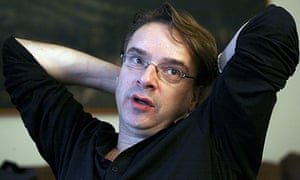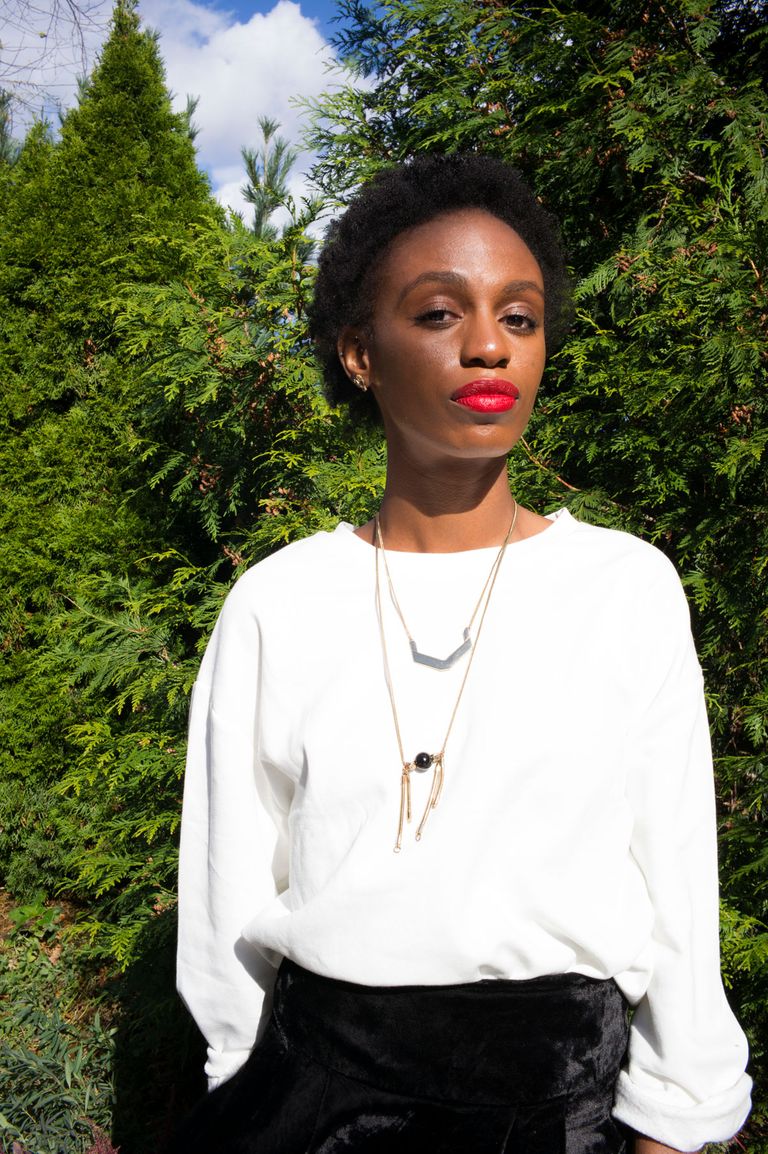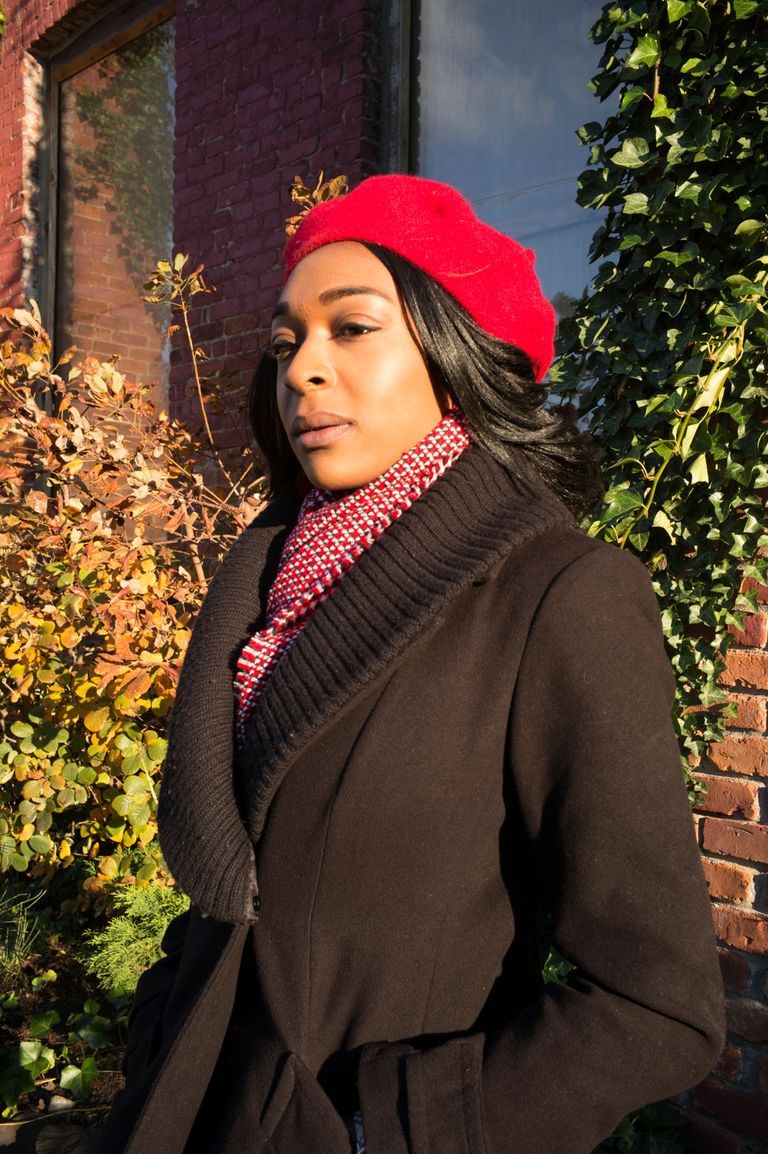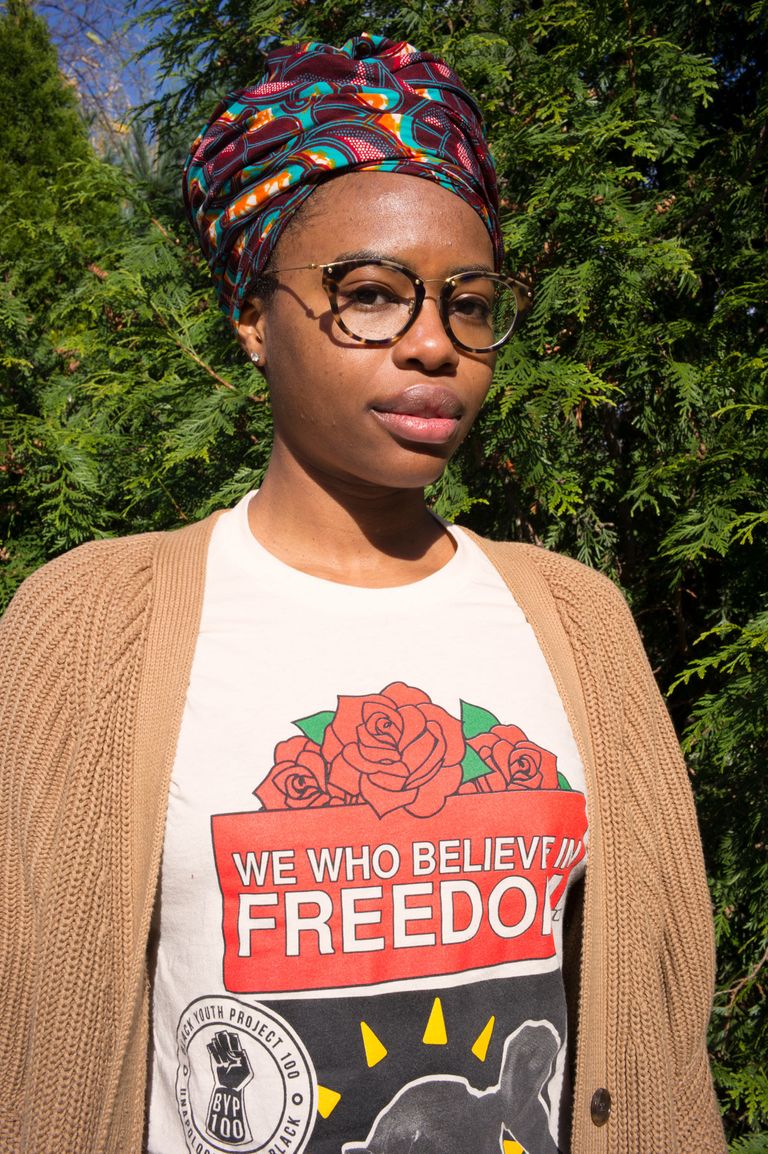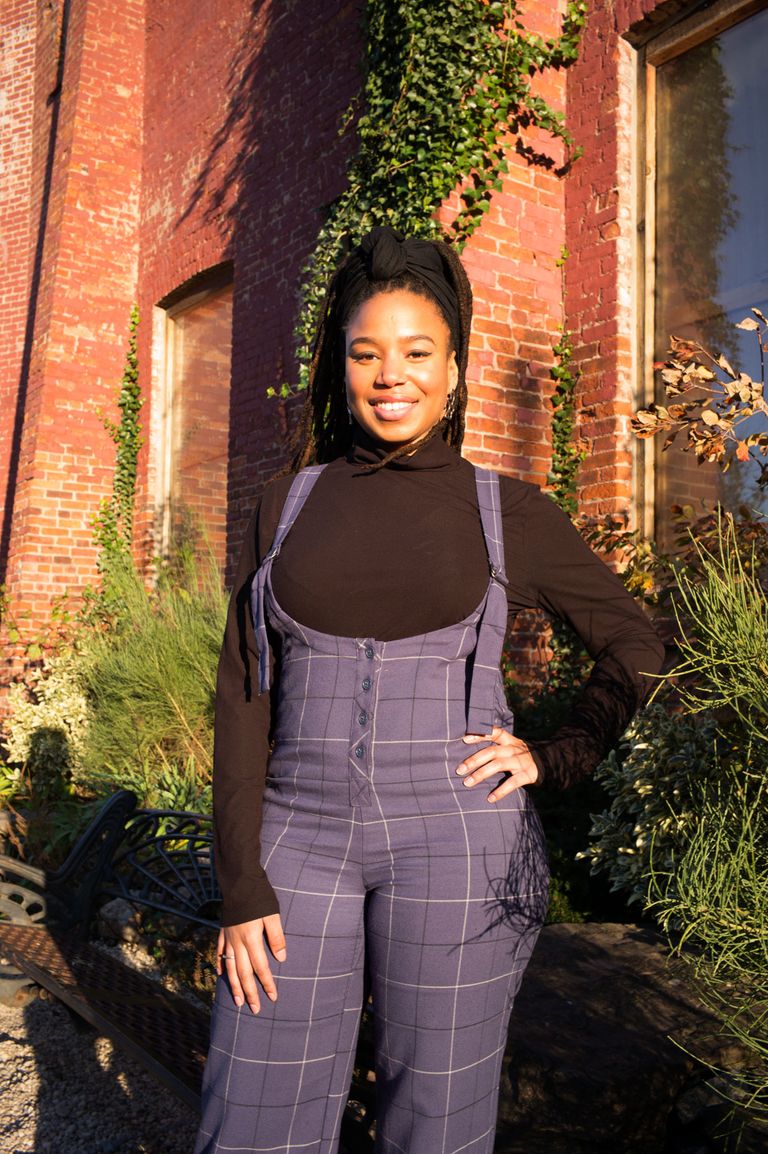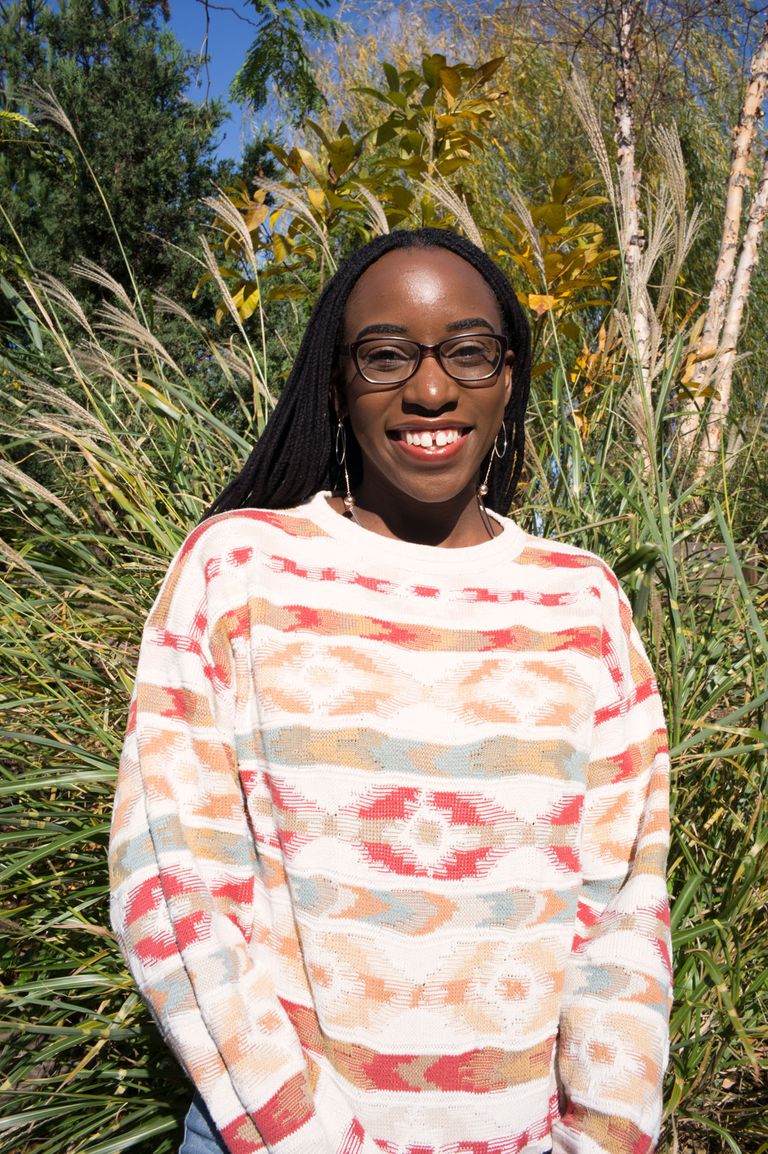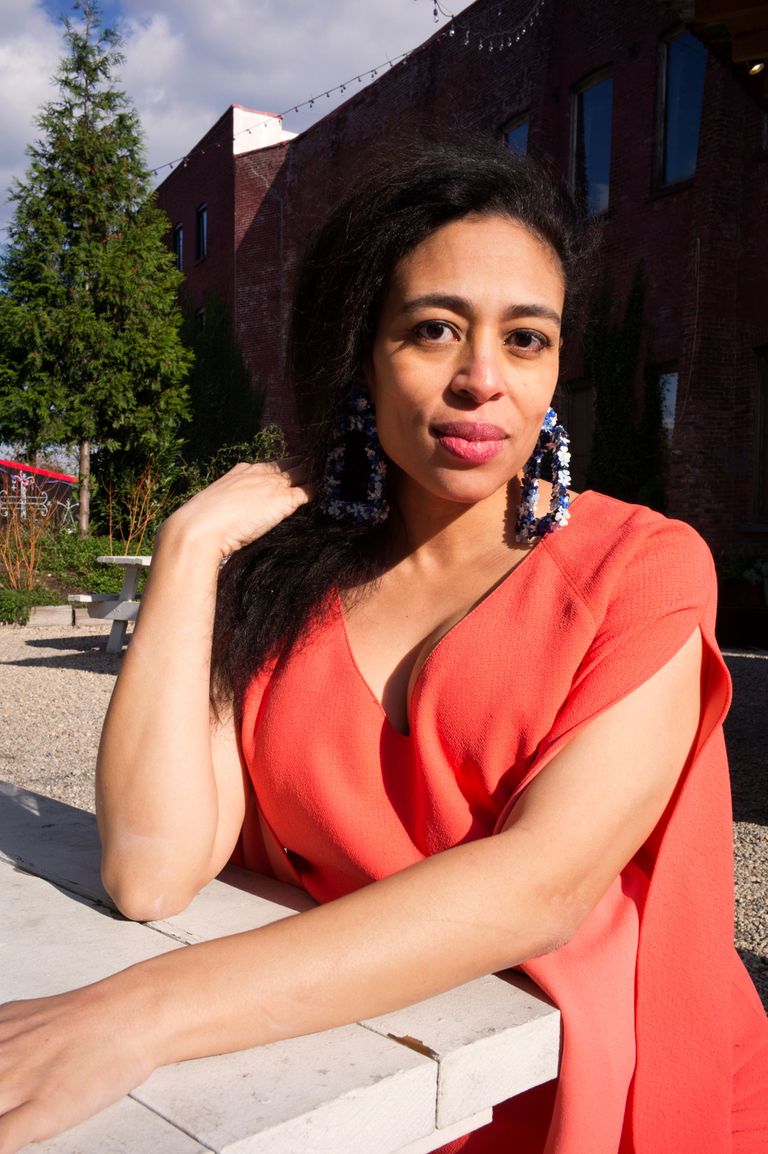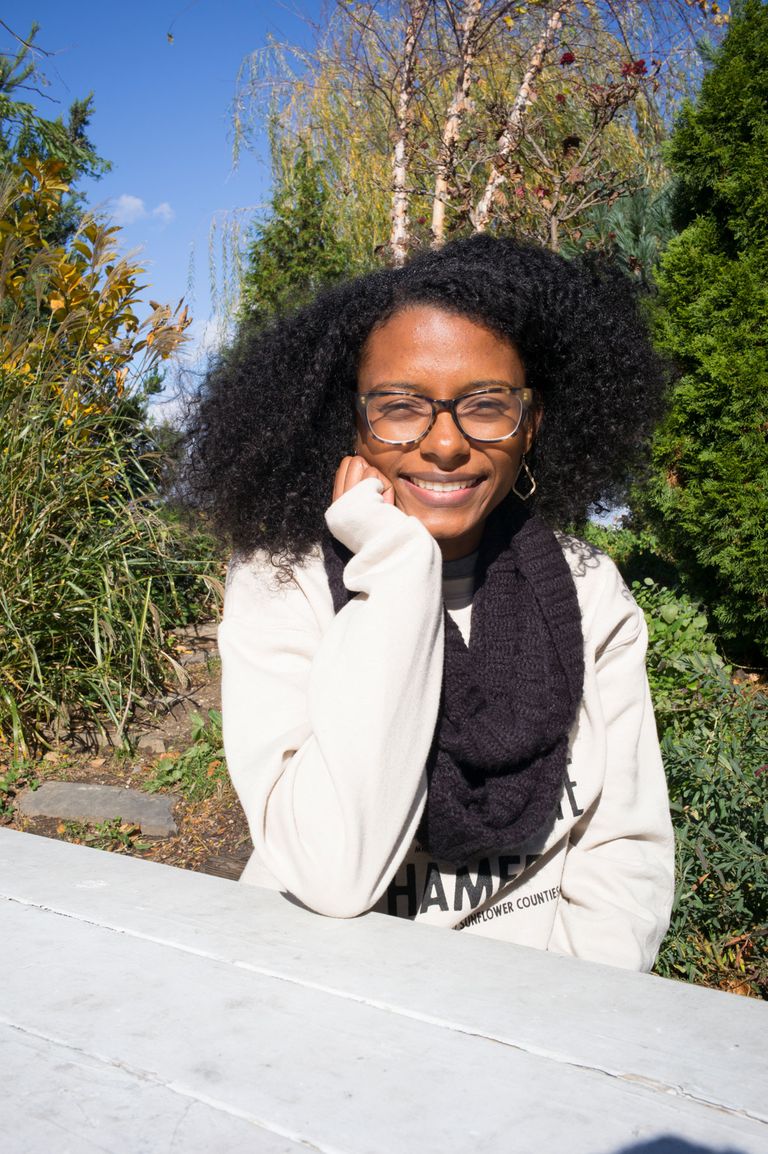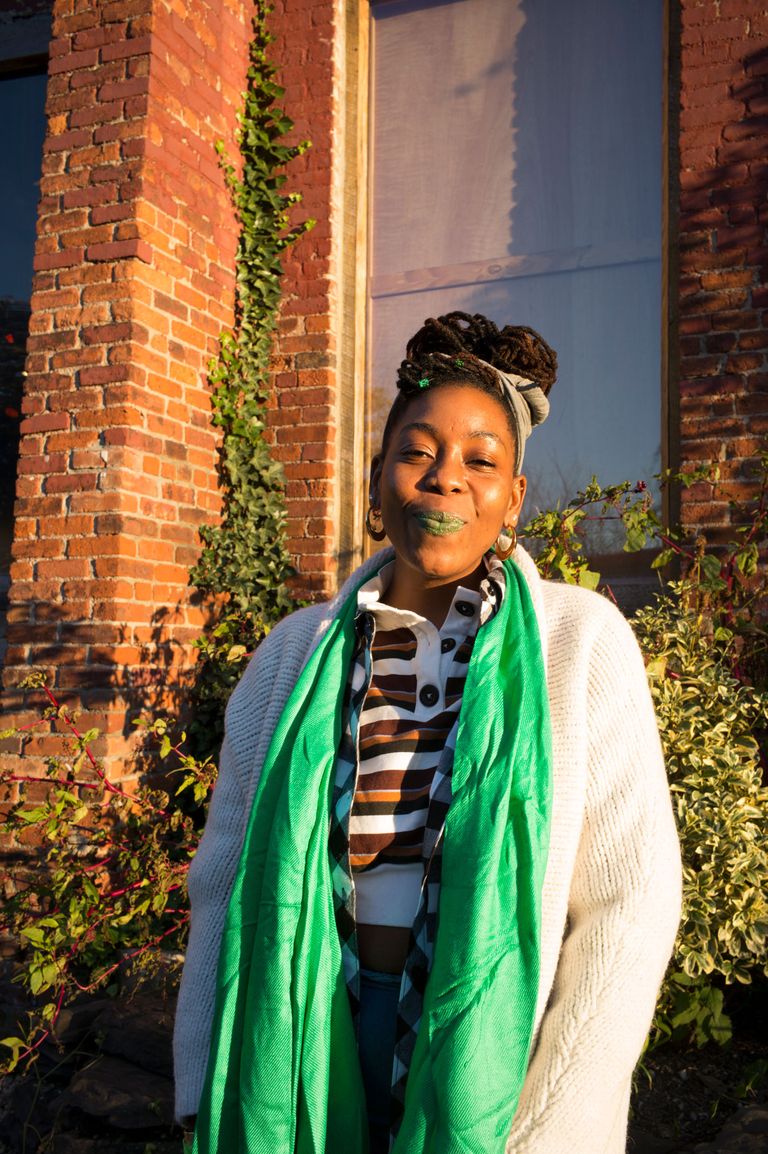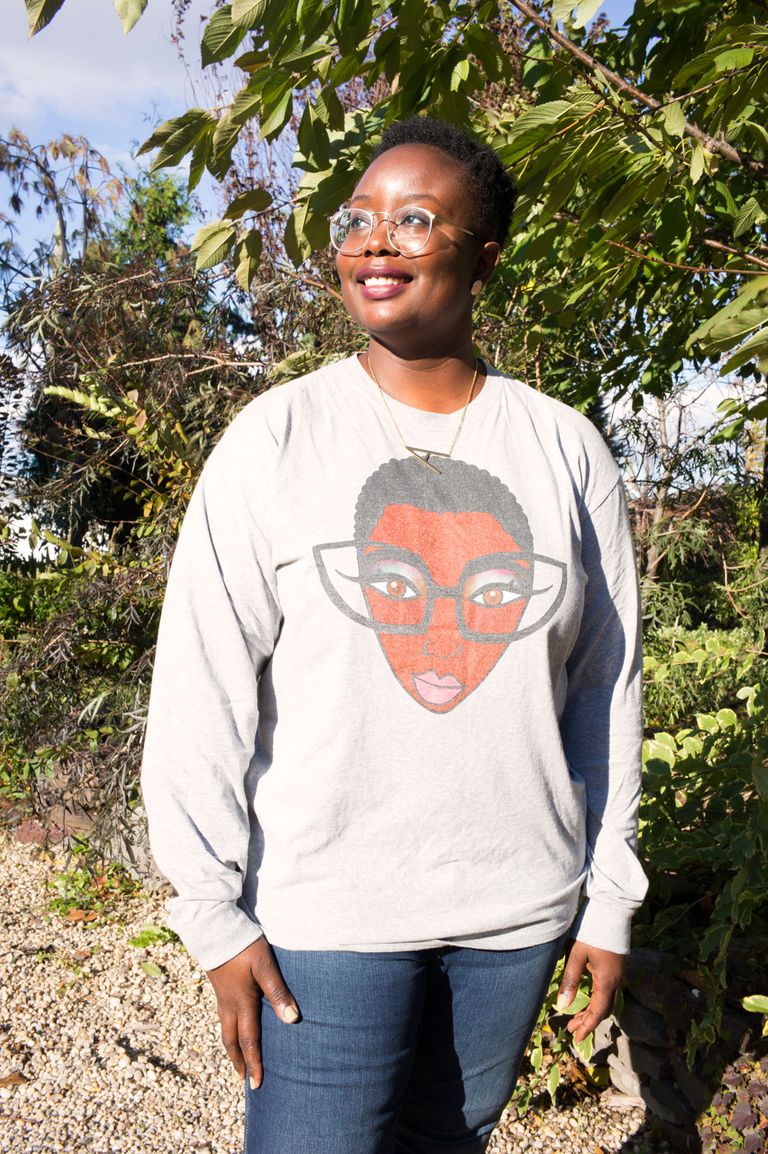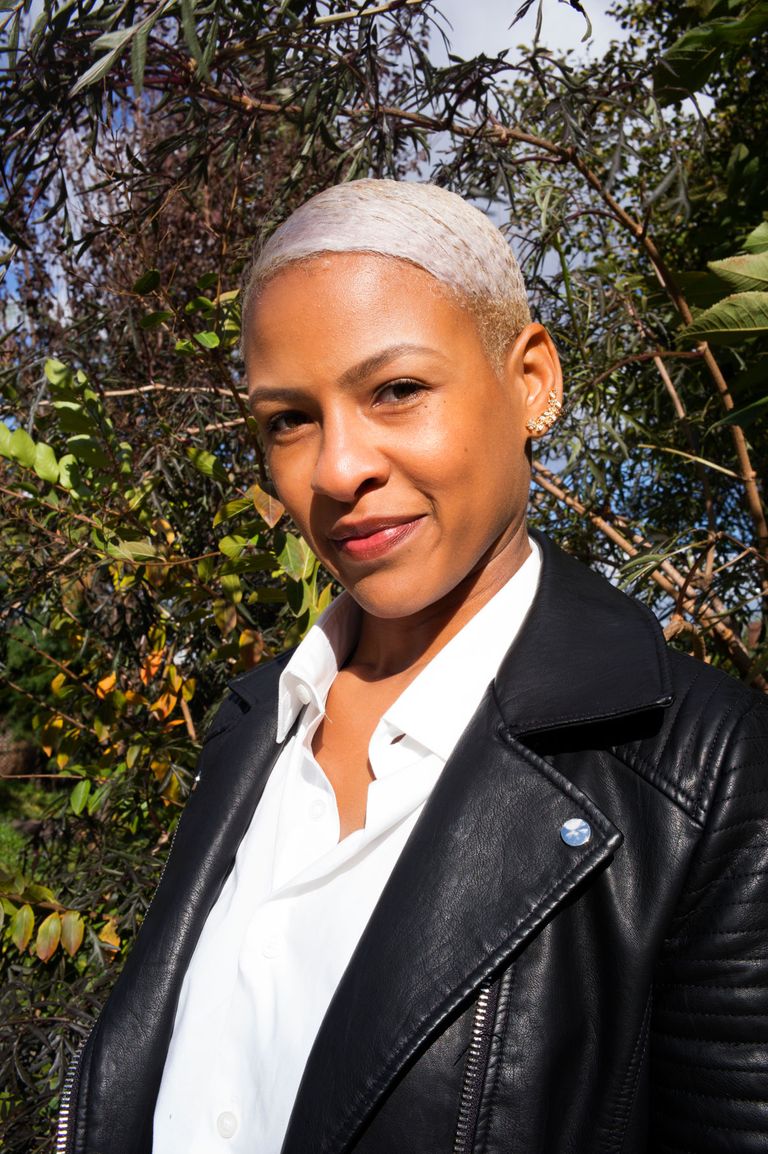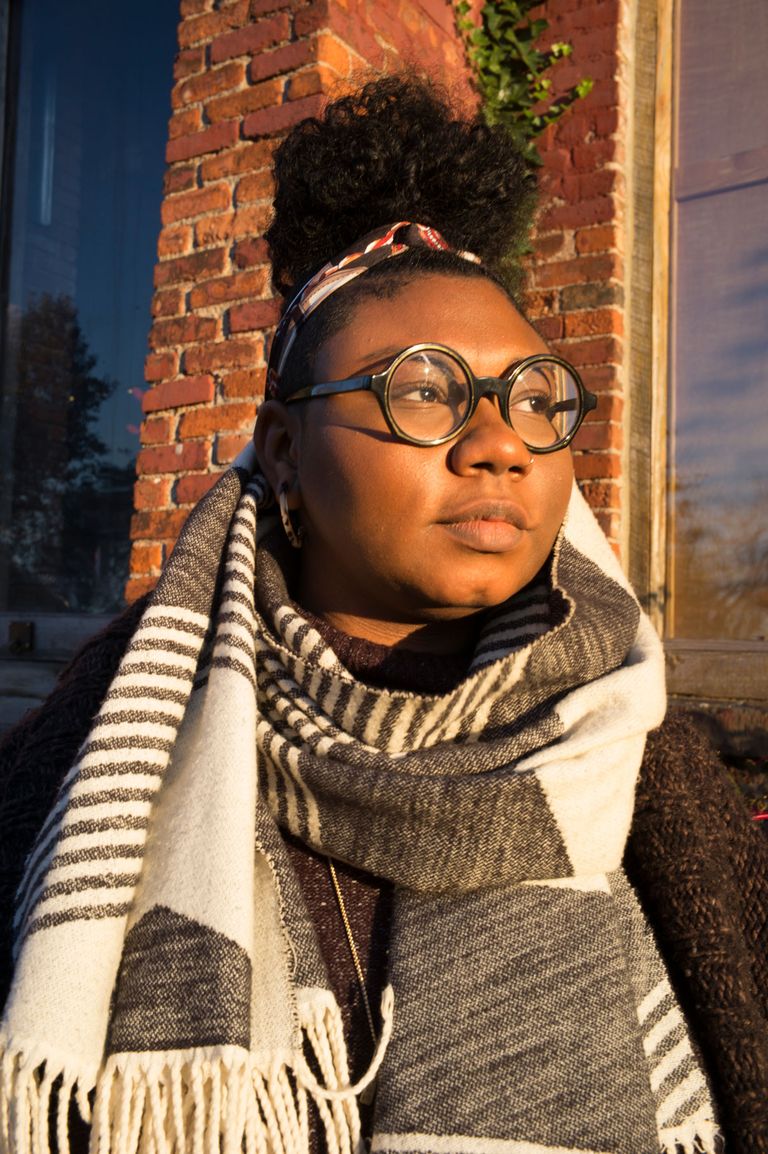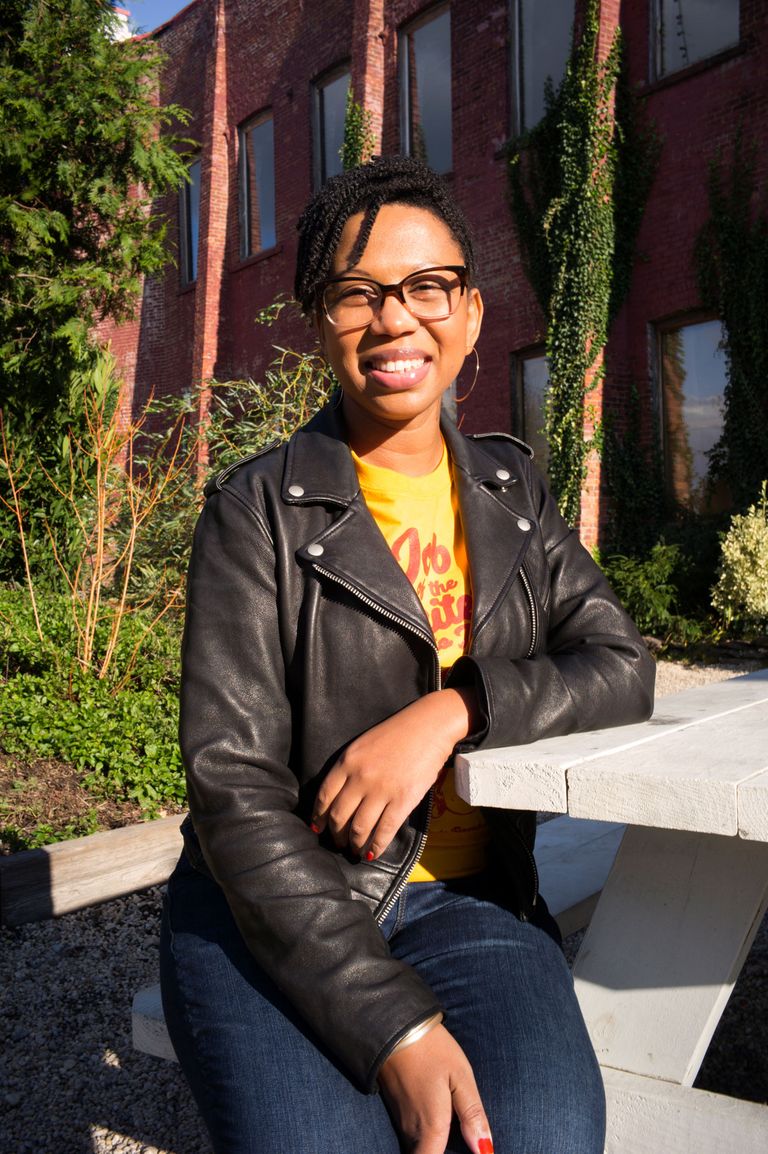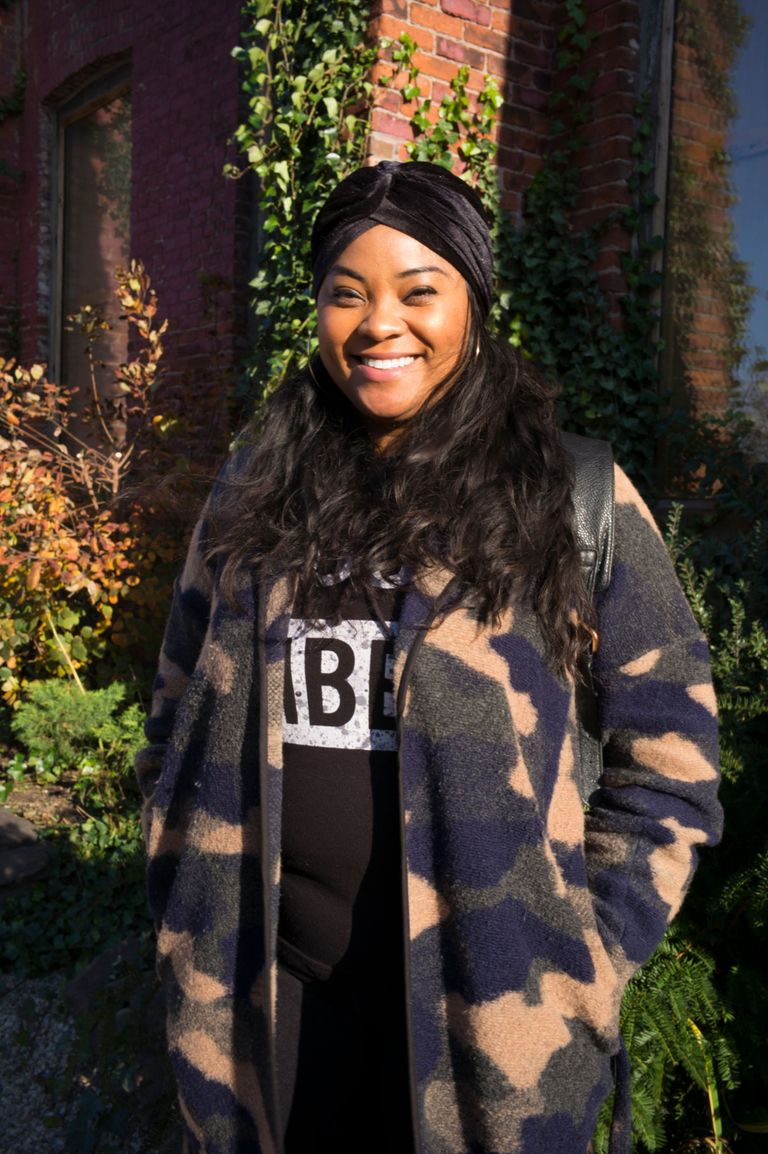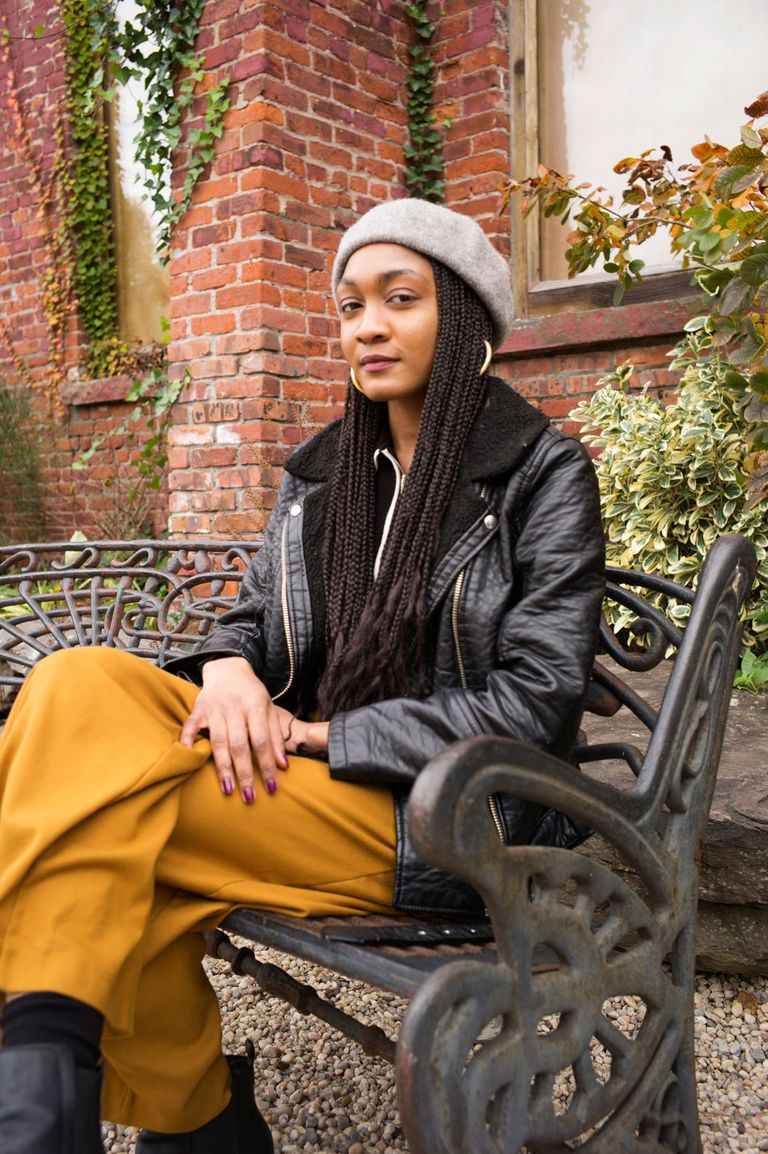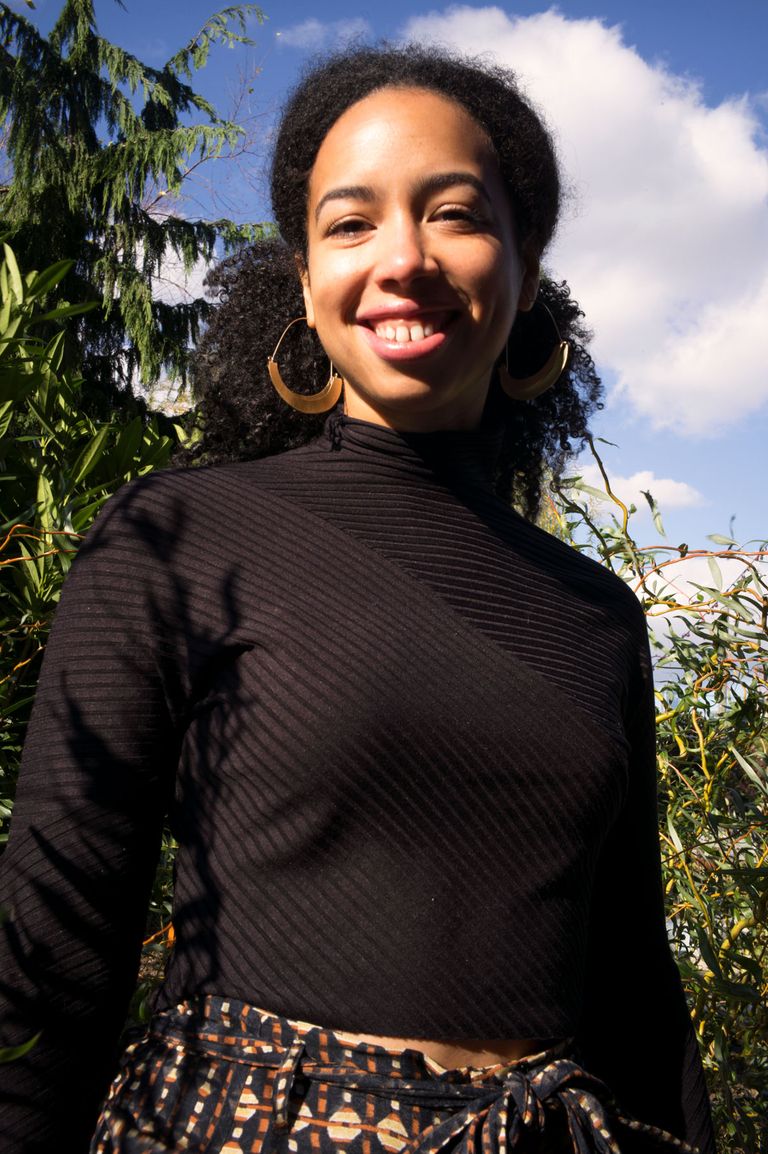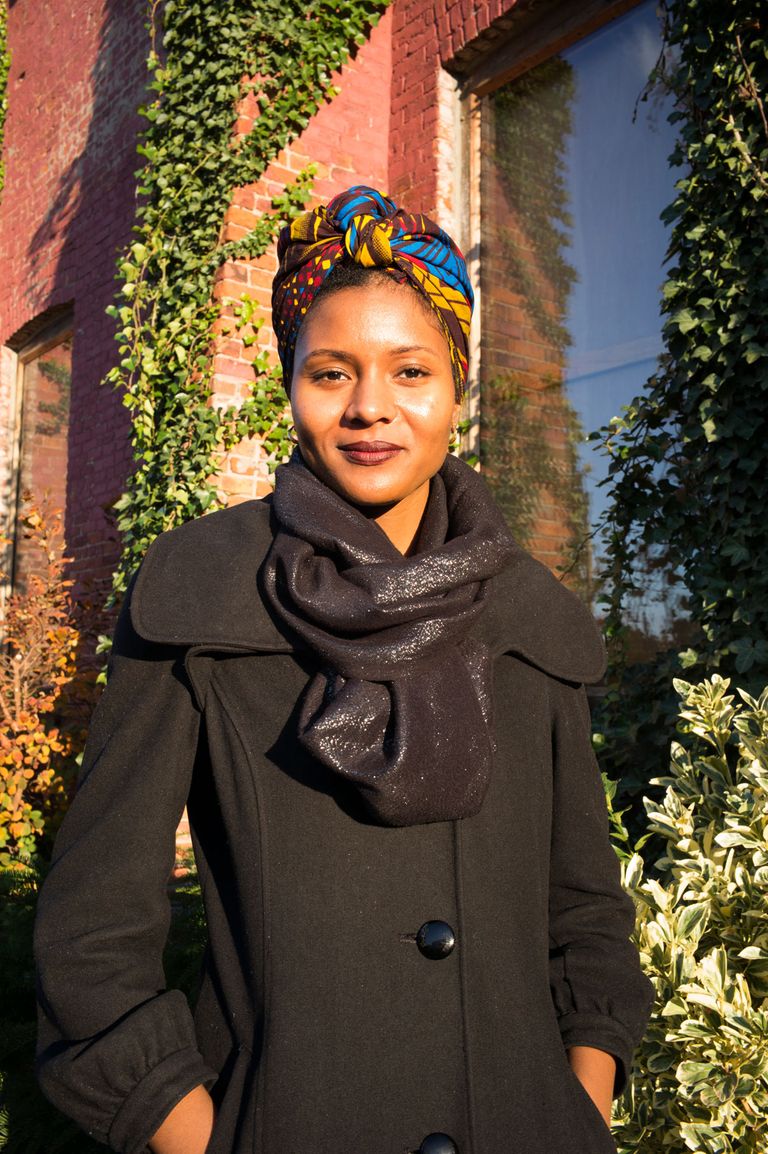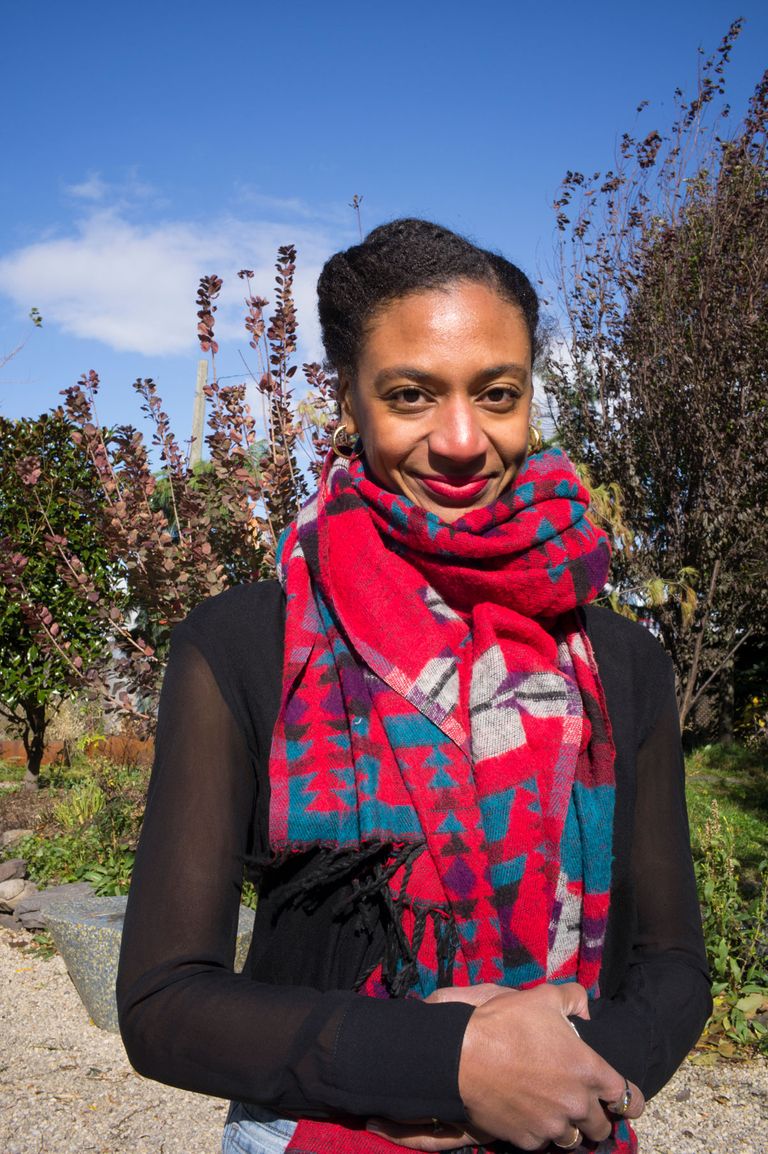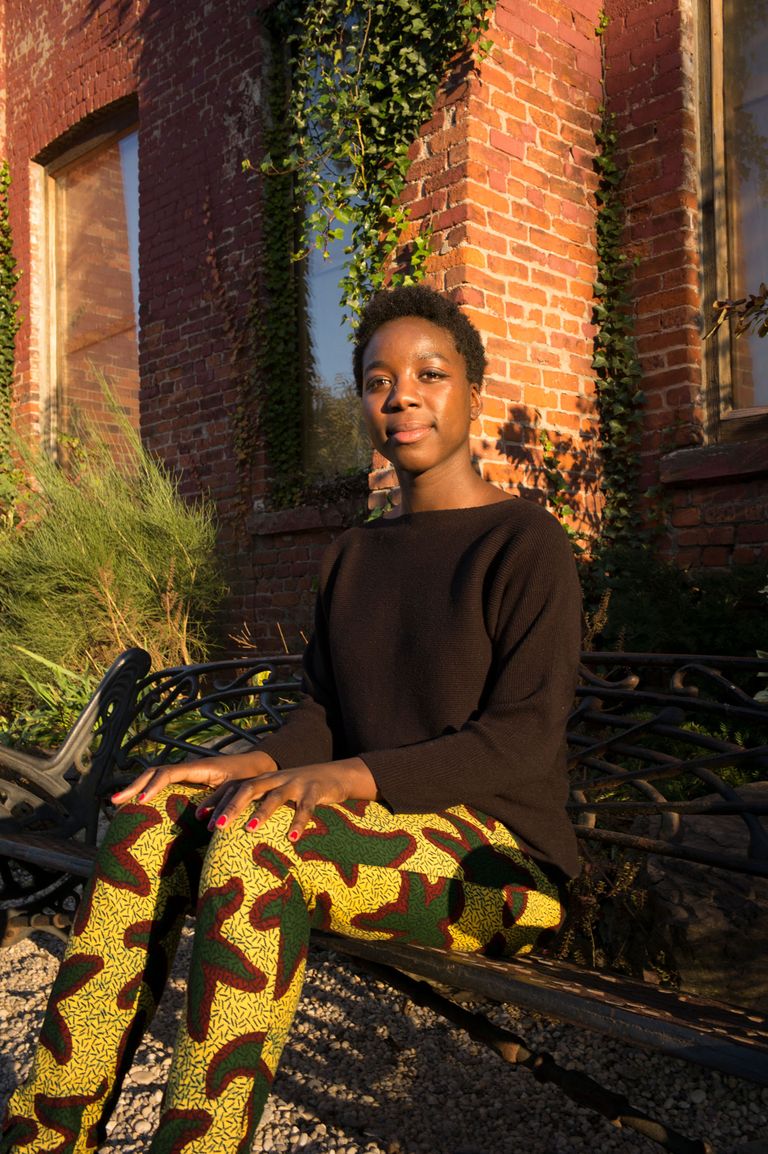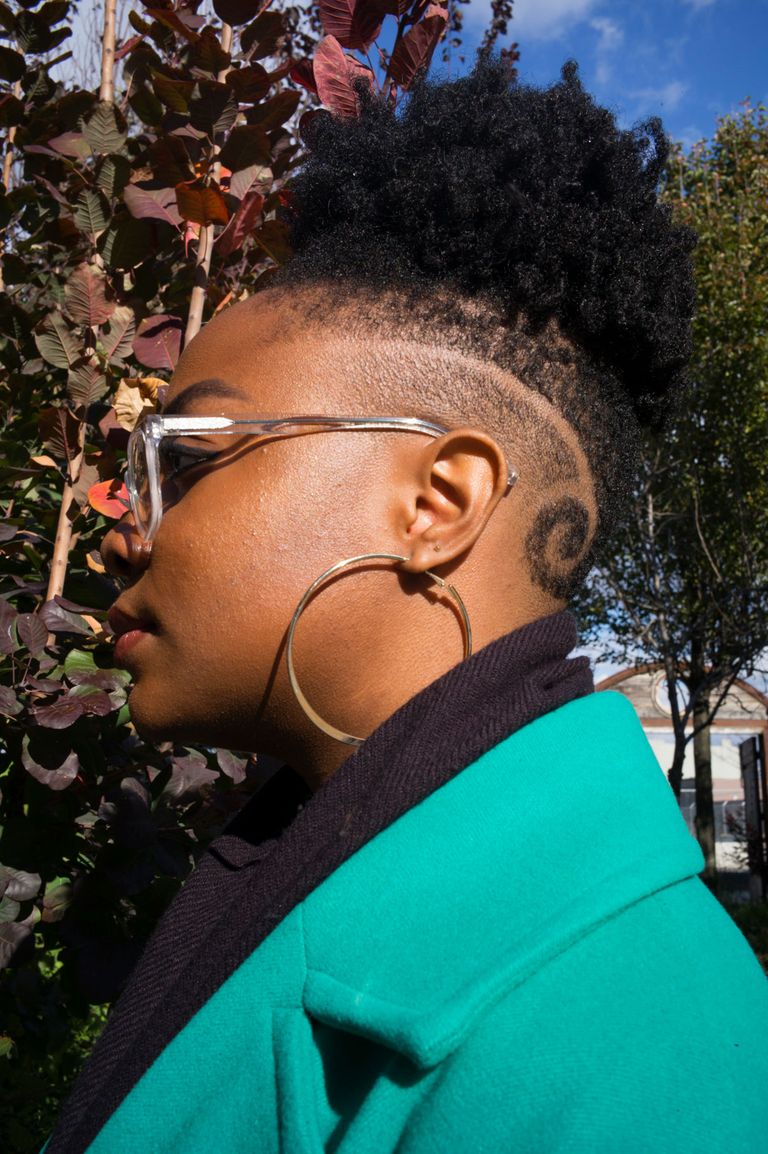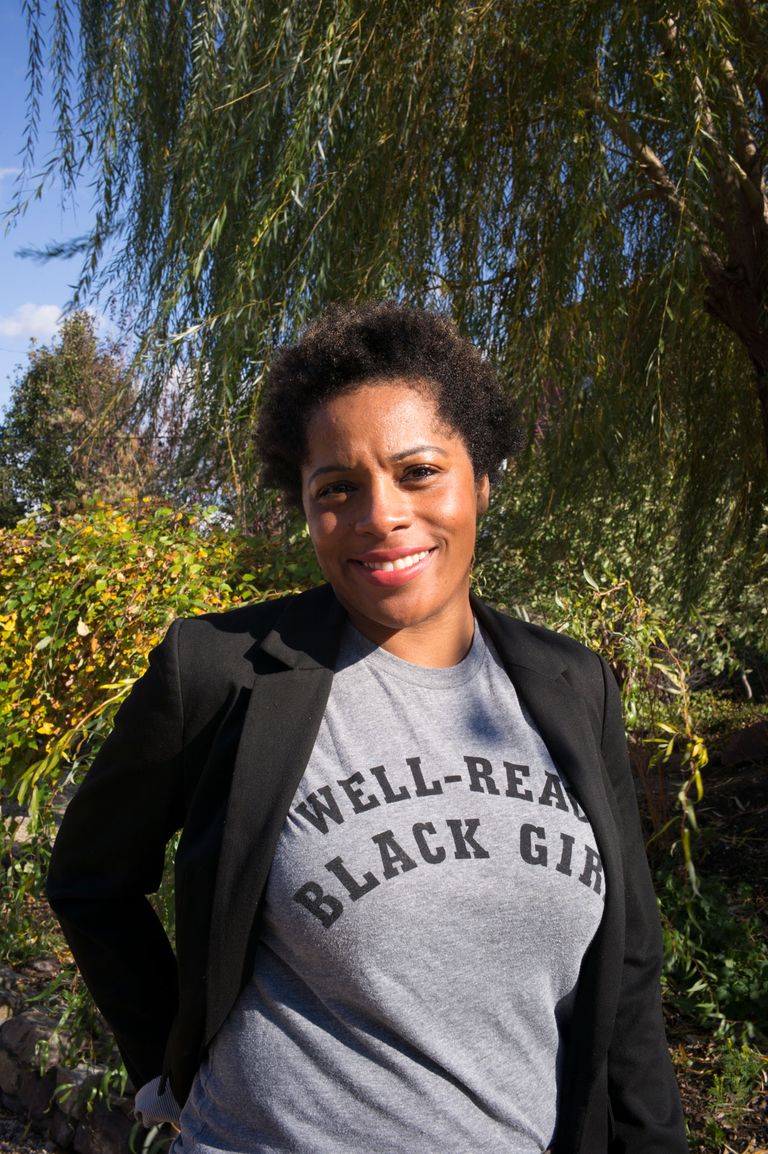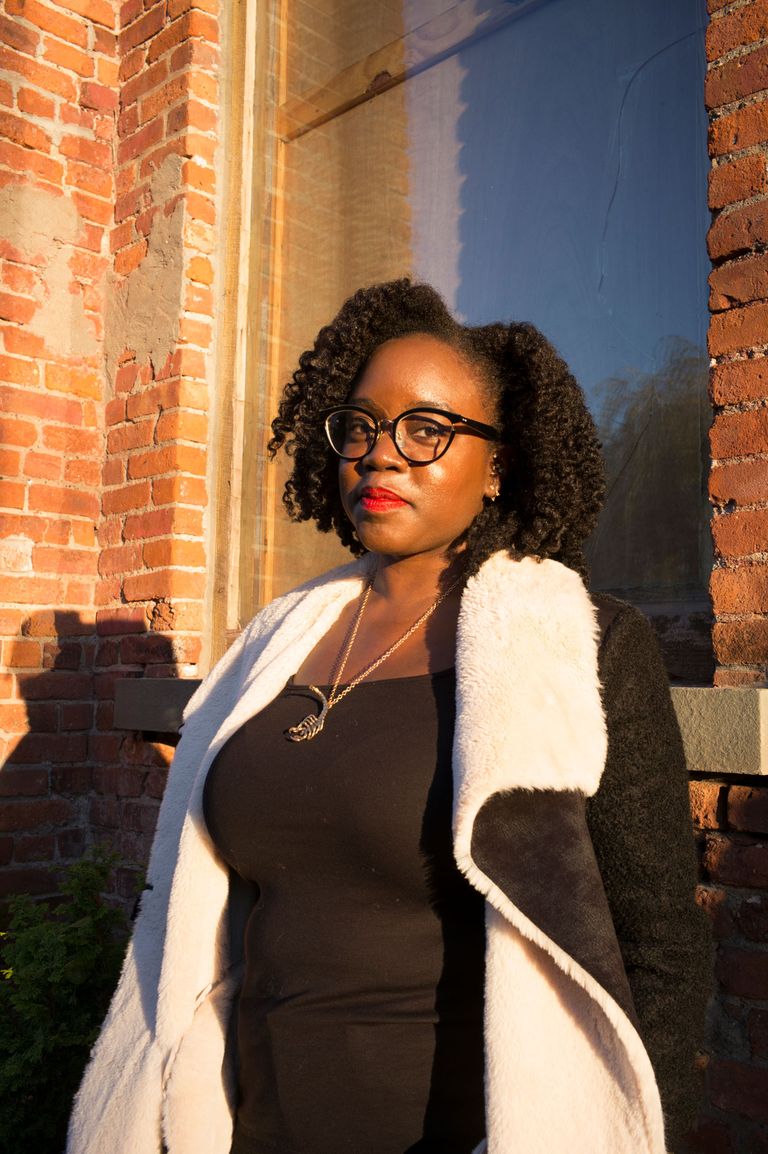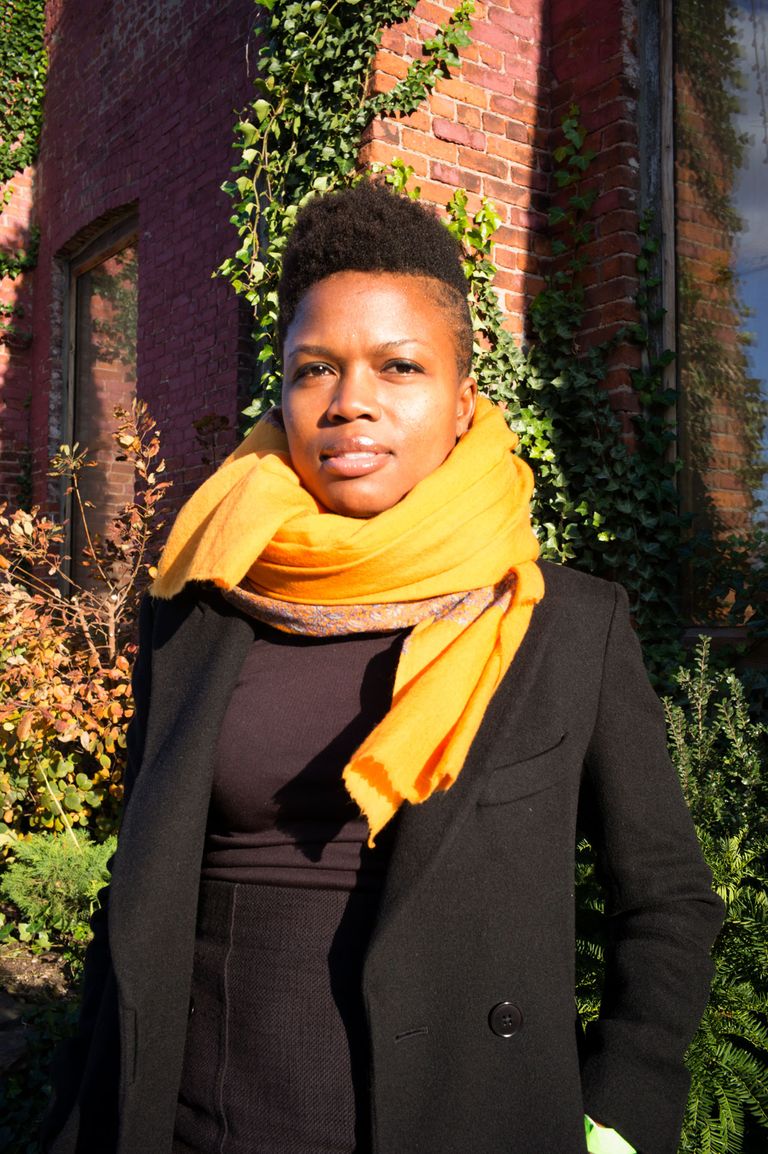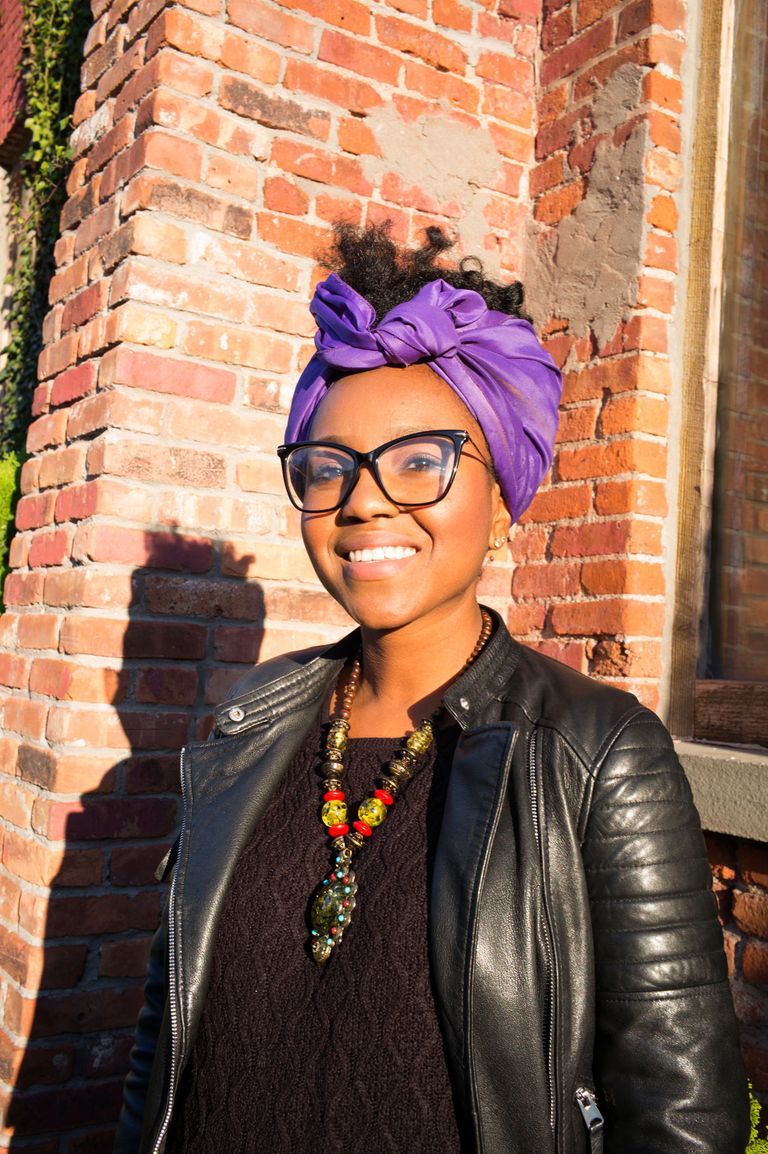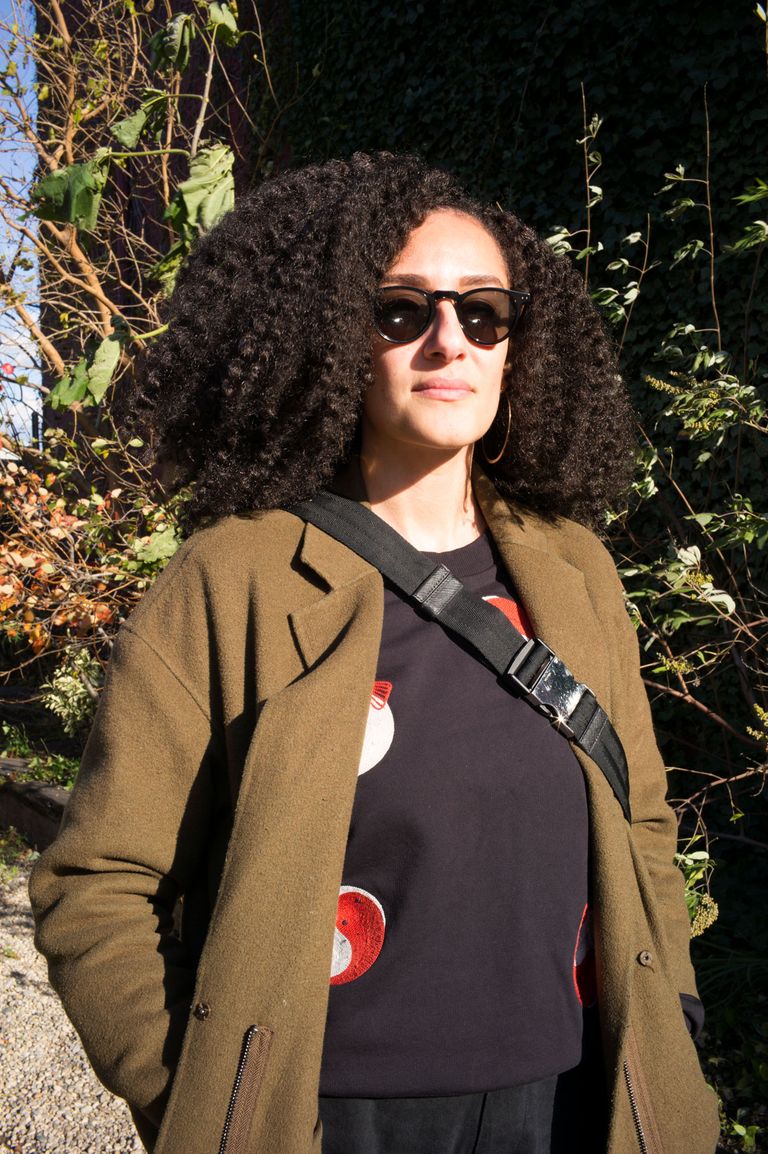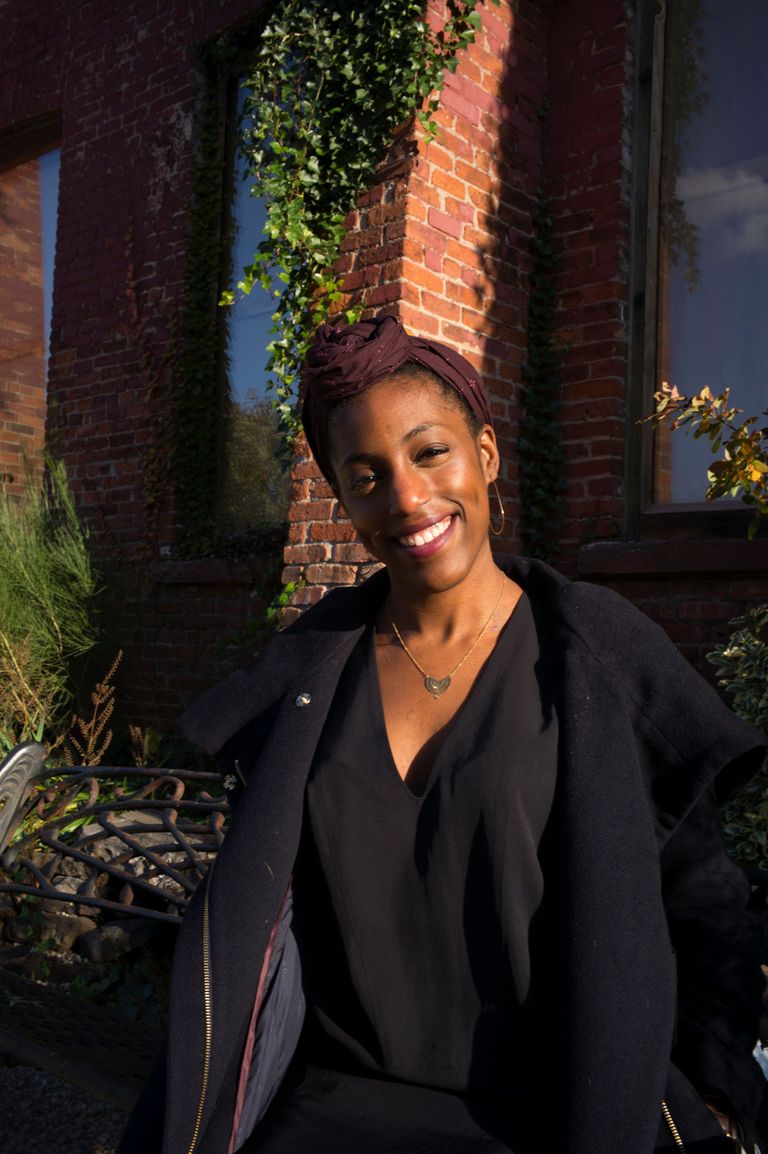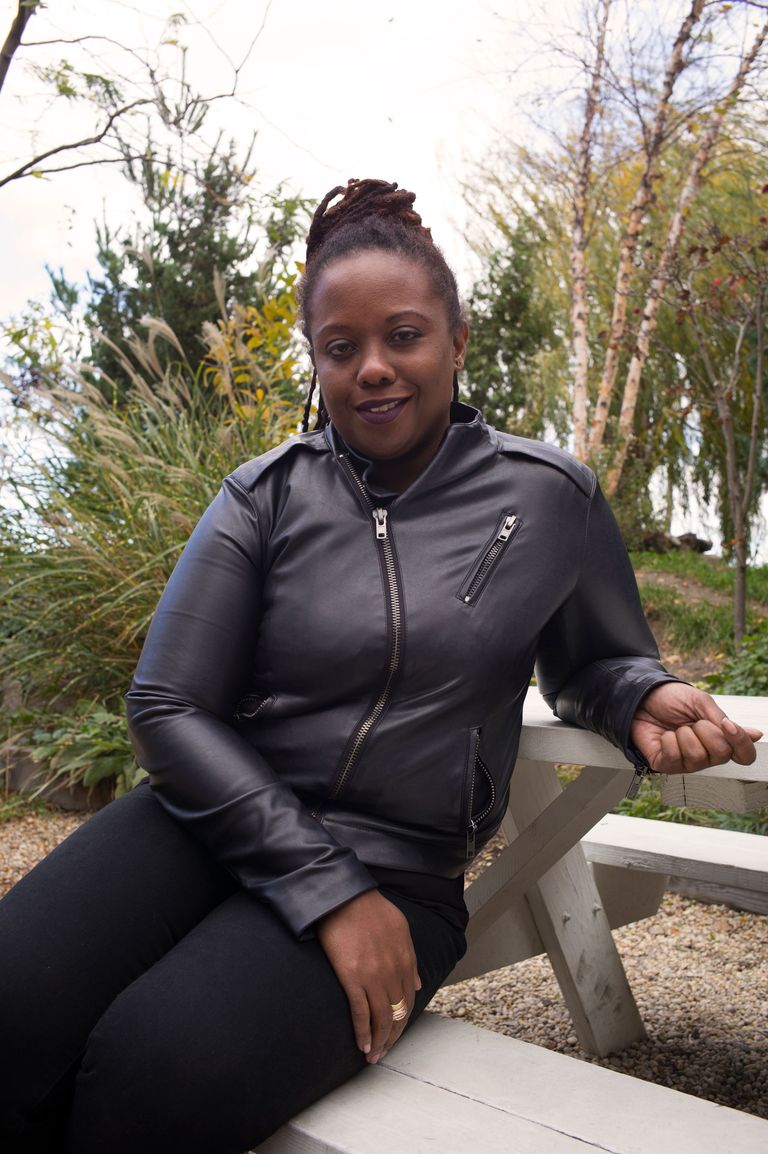
ANTHONY BOURDAIN BEGINS “Don’t Eat Before Reading This” — the 1999 New Yorker essay
that would make him famous — by declaring that “good food, good eating,
is all about blood and organs, cruelty and decay.” “It’s about danger,”
he continues; “gastronomy is the science of pain.” He’s clearly
displaying his swagger here, letting the world know what it really means
to eat. But he’s also planting the seeds of an ethics of eating that
would evolve throughout his work. He wants to devour the world’s chaos,
every part of it: “[T]he cuts and burns on hands and wrists, the
ghoulish kitchen humor, the free food, the pilfered booze, the
camaraderie that flourished within rigid order and nerve-shattering
chaos.” Pleasure and brutality are intertwined: Bourdain relishes a
sausage that “squirts blood in your mouth.” He celebrates food that does
not disguise itself, making plain the fact that it used to be an
animal, and that the eater still is one.
In the same essay where he defends a visceral, almost kinky, experience of eating, Bourdain exposes the backwardness of the service world — the grueling hours, the exploitative restaurant owners, “a powerful strain of criminality in the industry, ranging from the dope-dealing busboy […] to the restaurant owner who has two sets of accounting books.” He stands up for the often-exploited Latin American workers who rule North American kitchens, lovingly translating their street-Spanglish kitchen slang (“Hey, maricón! chupa mis huevos,” for instance, means, roughly, “How are you, valued comrade? I hope all is well”). There’s a crude tenderness in Bourdain’s vision of life in the kitchen, and of eating in general.
Bourdain’s philosophy of food converged with Wendell Berry’s vision, articulated in his 1989 essay “The Pleasures of Eating”: “How we eat determines, to a considerable extent, how the world is used.” Like Bourdain, Berry believes that ethics and pleasure are tied together. For Berry, the link is agricultural: he urges his readers to grow their own food. Today, the ethos of “knowing where your food comes from” is practically an advertisement — food industries, taking advantage of the world’s need for experience rooted in time and tradition, routinely exploit the local food movement. Food labeled organic or local is sold at shockingly high prices that often do not reflect quality. Most people living in urban areas do not have the luxury of knowing the origins of the food they purchase and consume. Even in the 1990s, when the local-food craze was nowhere near its current level, Bourdain already understood the industry’s tendency toward corruption.
But despite the overlap in their philosophies, Bourdain and Berry had very different ways of evaluating the “goodness” of food. For Bourdain, the locus of pleasure did not lie simply, as it did for Berry, in the freshness and localness of the food, but in the experience of eating it with people you care about, whether friends or strangers. Eating, for Bourdain, was ultimately a humanist act. It is a good thing, he believed, to care about strangers, especially if you cannot imagine how they live their lives. It is also good to eat in many different kinds of places: at a restaurant, on the street, at the home of a friend, with a stranger. Several times on his award-winning CNN show Parts Unknown, Bourdain took a top chef to a local fast food joint. He devoured a Filipino-style spam burger in the passenger seat of a car with the same gusto that, in other episodes, he showed when sampling high-end cuisine in Bogotá or gaudy French food in Lyon.
Eating food with others is an act of intimacy, and intimacy with people is always a risk. Or, as Bourdain put it, good food is about danger. But this danger is not a matter of physical threat; it is, rather, an act of generosity and openness: I am not afraid of what you offer, he seemed to say, even though it is different from what I offer. In fact, I receive your gift with curiosity and gratitude. This is a huge deal. People who have the privilege not to think about their own difference — and we can acknowledge that, in many ways, Anthony Bourdain enjoyed this privilege — tend not to take such risks. Perhaps they do not risk intimacy with anyone. It is easier to succumb to the fear of difference or, seeing its power, to steal it and profit from it.
To be in love with eating is, in a way, to be in love with death — to have seen animals die or, at least, to have handled them recently dead. A chef might become desensitized as he separates the parts of a recently deceased animal, or he might not. Bourdain was a chef who not only used all the parts of an animal in his cooking and eating but also sought out the practices of other cultures that did the same. Death is the other side of abundance, and abundance is always subtended by the realities of hunger and waste. A bout of sensory pleasure can sometimes lead to a rude hangover, whether physical or emotional, even moral — the digestion of an intense experience inseparable from a brutal history and a disturbing present.
In his “field notes” on the Mexico episode of Parts Unknown, Bourdain discusses the hypocrisy of Americans who, despite fearing immigration, love everything about Mexico — its food, its beaches, its architecture. The American economy relies on Mexican immigrants to support the entire food industry, from farm to table, and the country has a seemingly endless appetite for Mexican drugs. Bourdain’s response to the question of why, at the end of the day, Americans don’t like Mexico is that, perhaps, they are embarrassed to face their brother country because it has so much dirt on them:
Whether it’s dress up like fools and get
passed-out drunk and sunburned on Spring break in Cancun, throw pesos at
strippers in Tijuana, or get toasted on Mexican drugs, we are seldom on
our best behavior in Mexico. They have seen many of us at our worst.
They know our darkest desires.
Bourdain addresses the North American viewer who has not considered
the hypocrisy of the so-called War on Drugs: “We spend billions and
billions of dollars each year on Mexican drugs — while at the same time
spending billions and billions more trying to prevent those drugs from
reaching us.” Bourdain knows that, if he was a journalist reporting from
the other side of the border, such a statement would likely get him
killed. Bourdain spends a harrowing scene sharing a meal with a recently
exiled Mexican journalist, who is hiding from such a fate. He also
knows that the simultaneous encouragement and attempted suppression of
the flow of drugs, people, money, and arms across the border only seems
self-defeating if one refuses to consider the context of global
capitalism: this is precisely how people get rich and how rich people —
and nations, gangs, and federal agencies — stay rich. Bourdain shows how
the United States’s hypocrisy has hurt many people in his own country,
and then stresses how little is reported about the many Mexicans — the
many more Mexicans — who are destroyed because of it.In this episode, food takes a while to come to the fore. Bourdain begins traveling side by side with a journalist who photographs victims of drug-related murders. Driving around Mexico City, Bourdain asks the journalist:
What do you do if you’re one of these
cops? You’re driving around one night, you see some guy outside of a
bar, beating somebody or disturbing the peace. You start to arrest him
and he’s got a diamond-studded pistol, it’s got his name on it. Now you
realize you’ve just arrested somebody with serious powerful connections.
What do you do?
To which the journalist responds, without much thought: “¿lo dejan libre, no?” (You let him go, no?)A few scenes later, Bourdain is traveling with two Mexican writers through the pasillos of Mercado Tepito. Tepito is a tough neighborhood, the heart of Mexico City’s black market. Sitting in the market for a meal of migas — a rustic soup made from pork bones and stale bread — he asks the group if there’s hope for Mexico amid all the violence. They respond unanimously in Spanish that corruption is king in their country. The conversation turns to food as a mark of resilience — how so much good food is born from a creativity necessitated by poverty. Bourdain takes it in, then looks straight into the camera and tells his viewers that, after grabbing a handful of chile to throw into their sopa, they should wash their hands before touching their dicks. His Mexican interlocutors, his translators, and his crew all laugh. Despite the language barrier, there’s a moment of unity in the crude, relatable humor.
In a recent piece in Vanity Fair, one of Bourdain’s former fixers talks about his boss’s honest interest in connecting with the people he visited on his show. “After a while, he just turned to us and said, ‘Forget about the shoot. I don’t care. I just want to drink with this guy.’” Bourdain was a professional visitor. His work involved entering an unfamiliar space with respect. The type of respect Bourdain showed for others was not purely humble. He genuinely seemed to enjoy most of what he was served; at the same time, he cracked nasty jokes, asked brutal questions, and drank a lot. The fixer goes on to describe Bourdain at a low point: his show had gotten big and he was tired; he didn’t seem hungry anymore. This moment was, apparently, a rare one, in which Bourdain struggled to remember what he truly cared about while wanting to burn down all the rest.
I don’t know what kind of person Anthony Bourdain was, not really. I don’t want to romanticize someone I never knew. It’s unjust to ask why a person took his own life, or to read his work through the lens of his death. The search for reason after sudden loss is a heartbreaking, losing battle. But in the days following the announcement of Bourdain’s suicide, the reach and depth of his influence was palpable.
Bourdain celebrated pleasure and reported on injustice at the same time. He saw joy and sorrow as the essential facts of his work, and of life, one never canceling out the other or triumphing in the end. He saw pleasure and grief as mutually reinforcing. People from the Western world valued his humility, while those from the non-Western world found his humanism and non-judgmentalism rare and refreshing. Bourdain understood that life contains both devastating and glorious experiences, often close together. Perhaps most profoundly, Bourdain invited the risk of intimacy and, in doing so, showed the world a vital way of being, eating, writing, and reporting. I know I’m not the only one who’s sorry that I’ll never be able to have a drink with Tony.
¤
Olivia Durif is a writer based in Mexico City. Her essays can be found in the Los Angeles Review of Books, www.hypocritereader.com, and the Mexico City–based Cuanderno Fronteira. 
